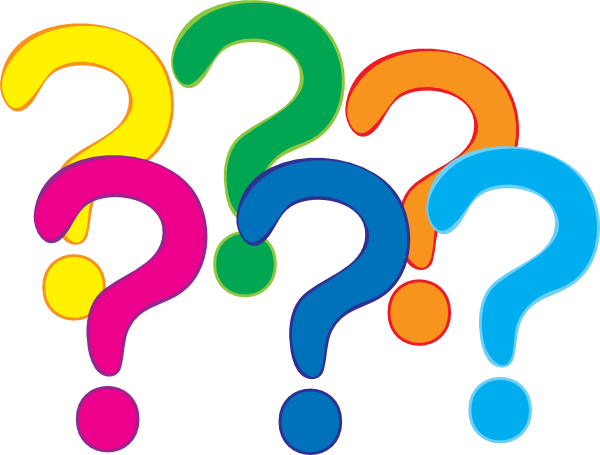Finding Story Ideas: Is Your 'What Iffer' In Good Working Order?
- Amy M. O'Quinn
- Apr 2, 2018
- 3 min read

Some people are just born with a finely-tuned ‘what-iffer’—and this valuable faculty can churn out some wonderful story generators and ideas for writers. So, is your ‘what-iffer’ in good working order? When you hear of or read about a current news story, do you automatically wonder what would happen if. . .? When you inadvertently overhear an interesting tidbit of conversation as you are out and about, do you find yourself thinking it would make a great line in a book, especially if. . .? When you read about an event or person in history, do you ponder what would have happened if. . .? Do you wish you could change the ending of some catastrophe or incident? Have you considered a story based on something similar, but different, because what if. . .?
To a limited extent, this ‘what if’ option can apply to non-fiction as well. I’ve always loved finding resources for my children that are factually correct, yet not dry as dust. I want what they read to be interesting and thought-provoking. As a writer, it is my desire to create such stories and content. For example, the ‘Interactive History Adventure’ books in the ‘You Choose’ series published by Capstone Press are excellent for ‘what-iffer’ types of readers/students. But as a writer, I see the genius and possibilities behind the series.
As my boys read The Titanic: An Interactive History Adventure by Bob Temple, they could choose from three story paths, thirty-five choices, and fifteen endings. Moreover, each path was highly researched and historically accurate. They found out what happened if they chose to be a first-class passenger, a third-class immigrant, or a crew member. And at the end of the book, the publishers included a time line, a page of other paths to explore, a reading list, a section for internet resources, a glossary, and a bibliography. In my opinion, this is non-fiction at its best!
However, if writers focus on using their ‘what-iffers’ to come up with fictional story ideas, the possibilities are virtually unlimited! A great article by Michelle Giles, entitled “25 Unique Places to Find Story Ideas’ can be found on the Writing-World website. Some of the places Giles suggests finding ideas include greeting cards, yellow pages/phone books, song lyrics, comedy sketch shows, commercials, photographs, T.V. Guide channel, people in crowds, newspaper articles, and even consumer products (such as the back of the cereal box). Despite sounding a bit morbid, I think obituaries might generate some creative ideas as well.
With a starting point and the spark of an idea, our imaginations can kick in and take that idea up-level. Who? What? When? Where? How? And most importantly—what if? Ideas can be found everywhere, but each writer will put his/her own spin on the story. Even with the same kernel of an idea, no two people will ever write the same exact content. We all bring our own past experiences, interests, curiosity levels, and motivation to the table (or keyboard). We also each have our own special brand of ‘what-iffer’, so every finished product and story will be unique!
So, look around for ideas and get creative. But take every precaution to make sure your ‘what-iffer’ is in good working order. You might just be surprised where it takes you!
Here are a few other titles in the Interactive History Adventure series with affiliate links:
Recent Posts
See AllI would never call myself a perfectionist. In fact, my family would probably fall over laughing at that description. But perhaps I’m...
